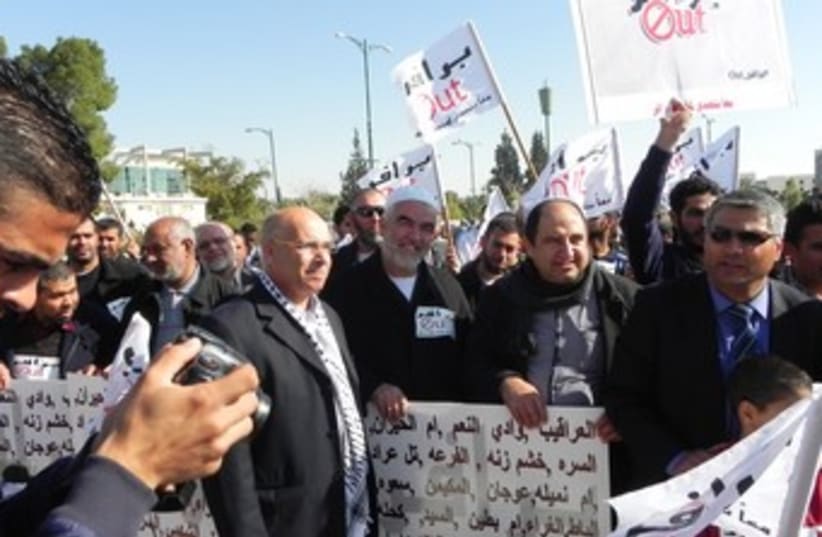Instead of failing to restrain PM, Arab MKs can engage Israeli people
Unlike Martin Luther King, Mahatma Gandhi or Nelson Mandela, the representatives of the Arab citizens of Israel have seats in parliament, as well as public funds for political activity.
